Our world has changed. The COVID-19 pandemic brought new challenges to the tourism industry. The industry is in a deep crisis losing money and jobs. However, new opportunities appear.
For successful functioning and just staying on the market, travel companies must adapt to constantly changing conditions. Previously, all countries were open; travel arrangements were possible without government restrictions. Now the tourism industry operates in conditions of widespread and changing restrictions on entry and organization of recreation.
At the same time, the demand for travel and visiting religious sites has not decreased. With the proper level of security, people are ready to go on a pilgrimage to holy and memorable places. In such realities, one of the main tasks of hoteliers and travel agents is the organization of safe transport and the stay of people during trips.
A good business owner always understands that a crisis is an impetus for development, a rethinking of strategies and tactics. Global Muslim Travel Index 2021 will give you the opportunity to understand the current statistics and trends, to create a more sustainable tourism business.
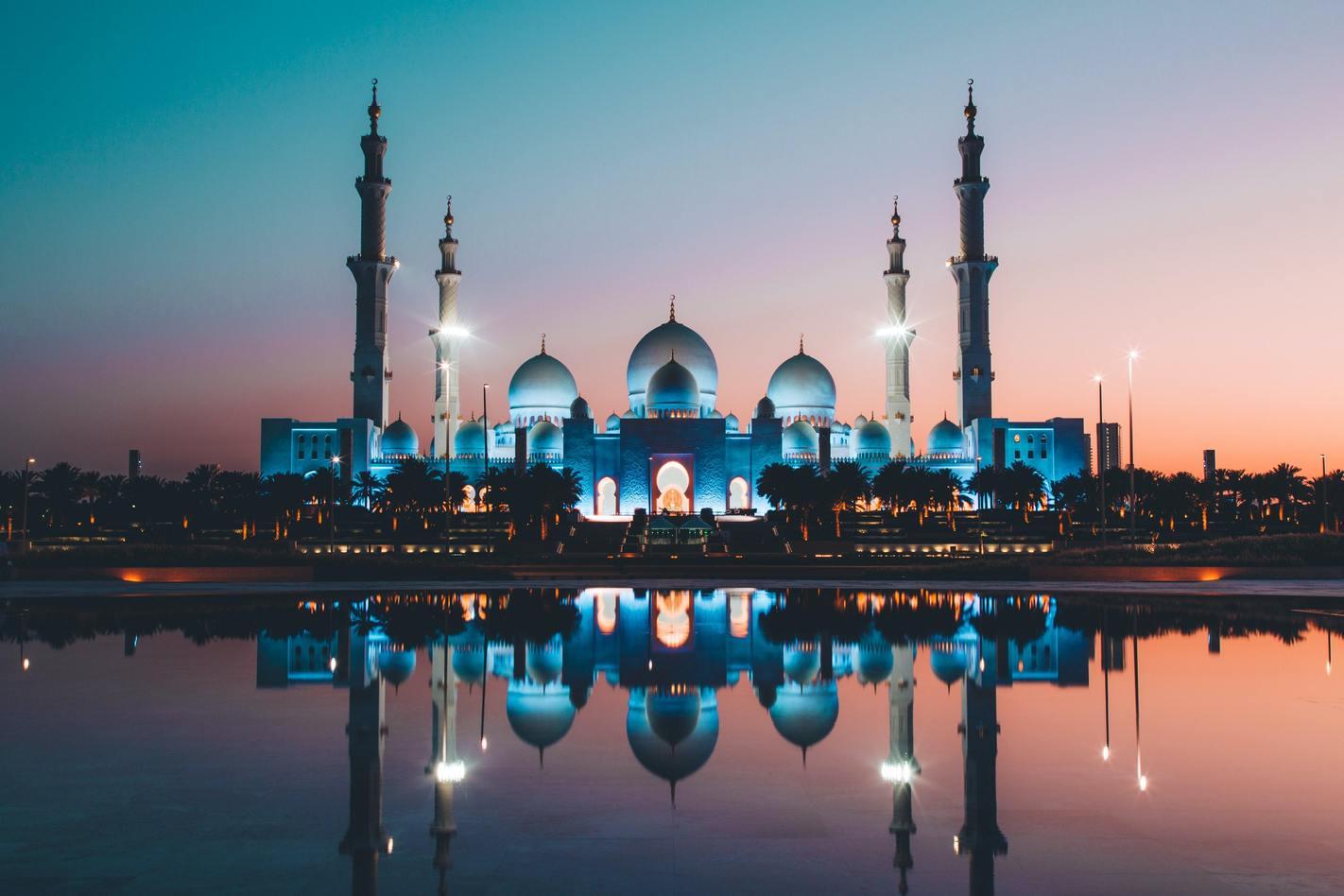
Photo by David Rodrigo on Unsplash
In our report, we present the results of a survey of the Muslim population in different countries, which was conducted over two months and covered more than 200 people. 55% of the respondents were women.
The largest number of respondents (more than a third) are representatives of the most active group of the population when traveling. These are people born in 1981-1996. They are considered as people who have already been financially successful and have gone through a sufficient number of life trials in order to correctly assess the risks of traveling in a pandemic and apply personal protection measures.
53% of the people who answered the survey are married. The same percentage of respondents has an annual personal income not exceeding $25,000. In terms of household income, taking into account the fact that most of the respondents are married, this value can be considered sufficient for traveling for the purposes of traveling and beyond.
A significant part of the surveyed people (73%) are highly educated people with one or more academic degrees. It is this part of the population that is considered to be the main share of customers of travel companies. In addition, a high level of education allows us to conclude about the reliability of the survey results, since such people always take questions responsibly and give well-considered, not spontaneous answers.

Photo by Nick Morrison on Unsplash
We have grouped the questions about faith-based needs by various criteria, so that you can use the report data for a comprehensive analysis of the needs of the faith-based service of muslin travelers. All the questions that were offered to the respondents relate to the nine basic needs of the traveler, divided into three levels of importance.
The first group with the highest level of importance includes the following indicators: halal food, prayer facilities, water-friendly washrooms, and absence of islamophobia. None of them changed their value by more than the value of the confidence interval (5%) in comparison with the situation before COVID-19. Traditionally, the availability of food establishments with halal food is a priority for 74% of respondents. The value of the Prayer Facilities indicator decreased by only 3.9%. Perhaps this happened because in two years of living under total restrictions, people have learned to use religious online services that have appeared in all countries. The last two questions retain their high significance for believers, but without significant dynamics in their meanings.
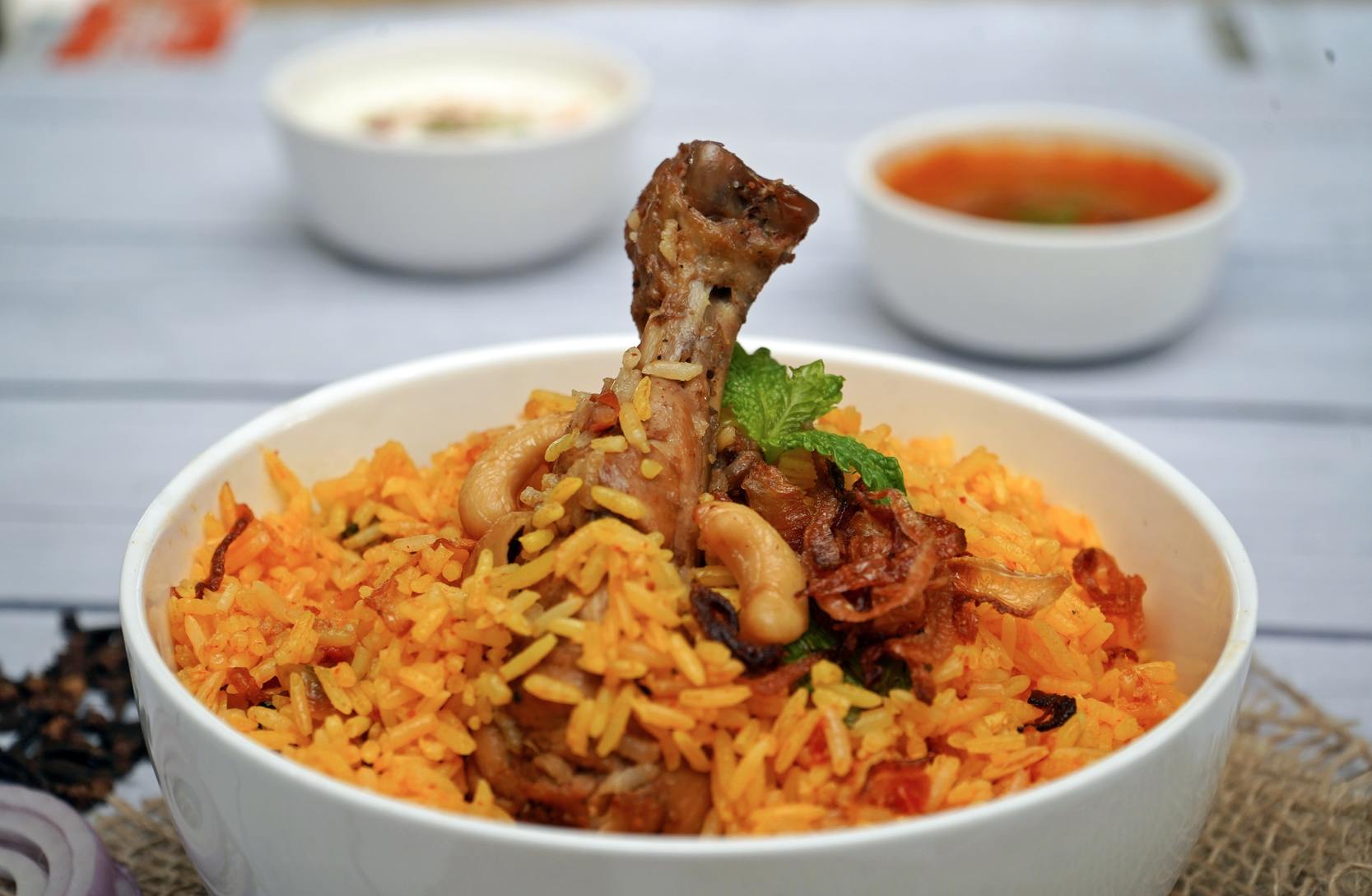
Photo by Mario Raj on Unsplash
Talking about the good-to-have service which is the second level of importance, we can see that the overall demand for Ramadan Services decreased by 10% among recognized as “very important” and “somewhat important”, and Local Muslim Experiences-by 4%. These activities belong to the type that mosques learned to organize in a remote format back in 2020. Nevertheless, there is an increase in the number of people who are interested in social services. According to many studies, after many months of self-isolation, people need increased social causes compared to the level before the pandemic.
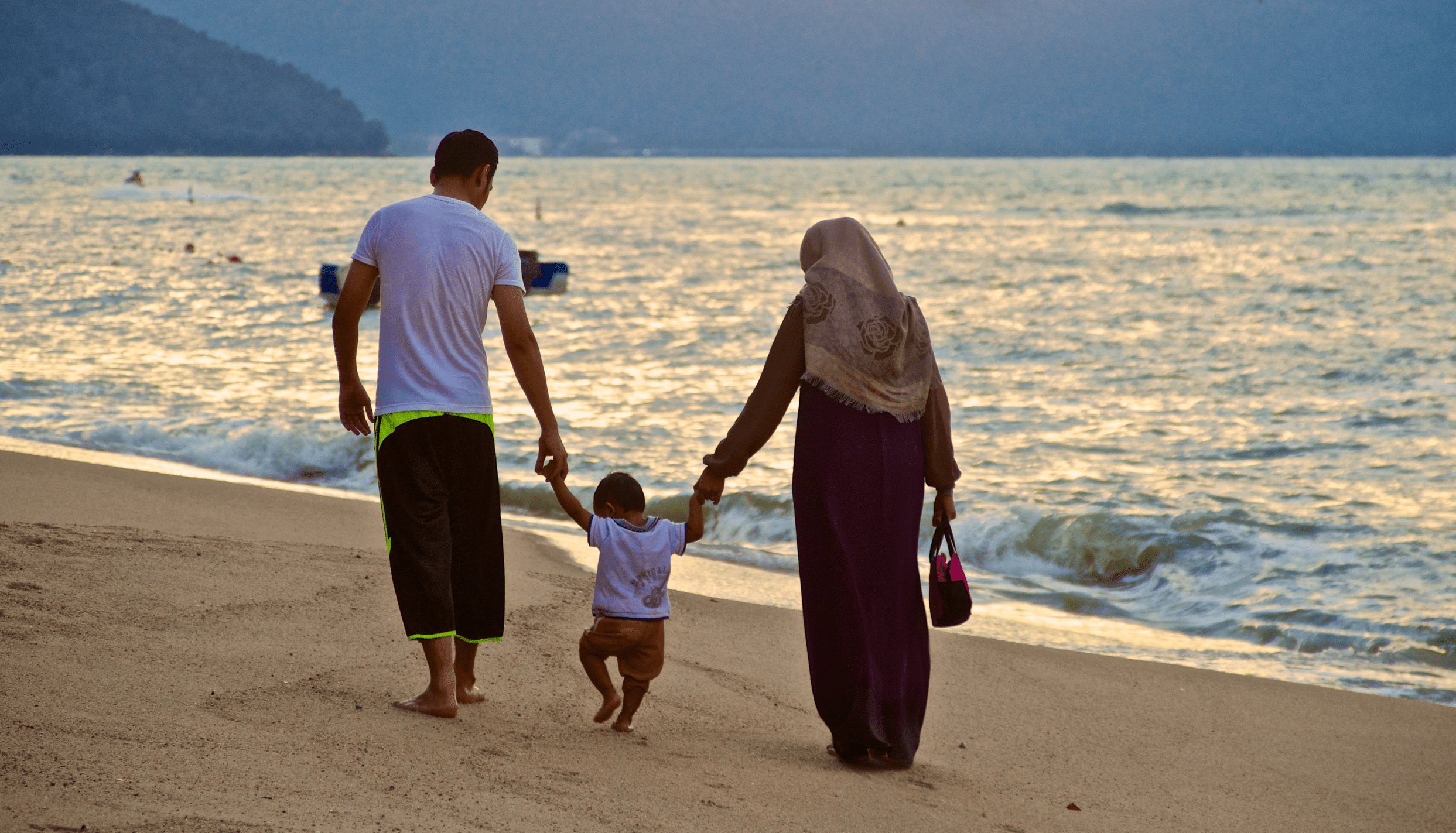
Photo by Patrick Boucher on Unsplash
Among the indicators of the least importance, we attributed "No non-halal activities" and "Recreational spaces with privacy". They are not key when making a decision about a trip. Most often, Muslims immediately choose proven and well-proven travel destinations that already ensure the implementation of both activities. The dynamics of changes in the values of these indicators shows that people consider them not at all important, and this trend continues. Thus, the number of people who answered that "Recreational spaces with privacy" is unimportant increased from 6.9% to 11.6%.
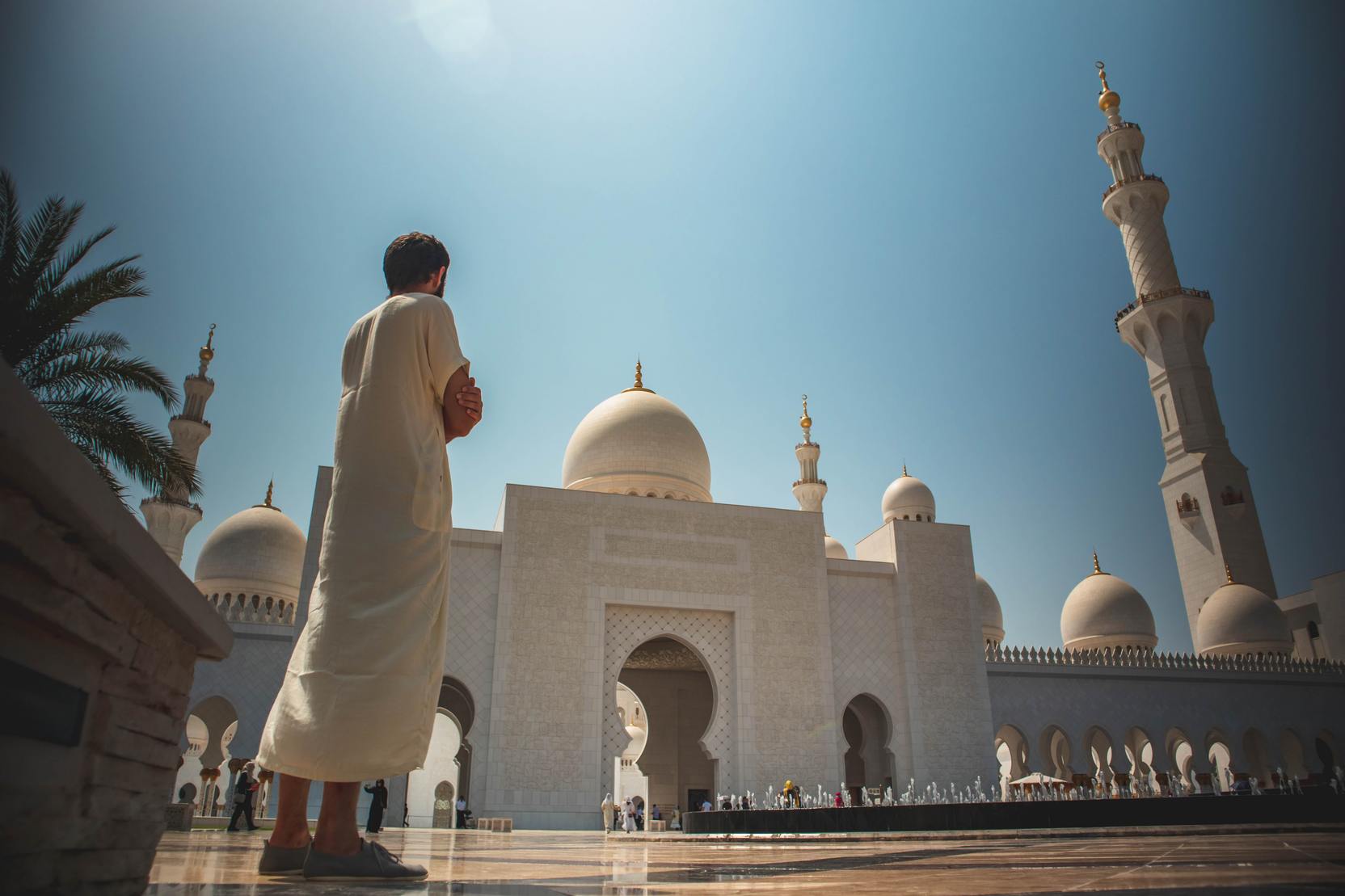
Photo by Artur Aldyrkhanov on Unsplash
Also, we have compiled for you a map of the priorities of touchpoints, which should be paid attention to when organizing tourist trips of Muslims. First of all, travelers expect maximum protection at airports and accommodation facilities (hotels). The second group of Destinations priorities includes religious sites, venues, healthcare and leisure objects. We attributed them to indicators of average importance. Other indicators, such as highway rest areas, camping points, aircrafts, and railway stations are the least significant when organizing tourist trips.
In the report, we provided statistics on assessing the importance of transport, accommodation, and destinations needs. In general, they remain the same compared to the values before the epidemic. The distribution of responses is almost the same for all indicators.
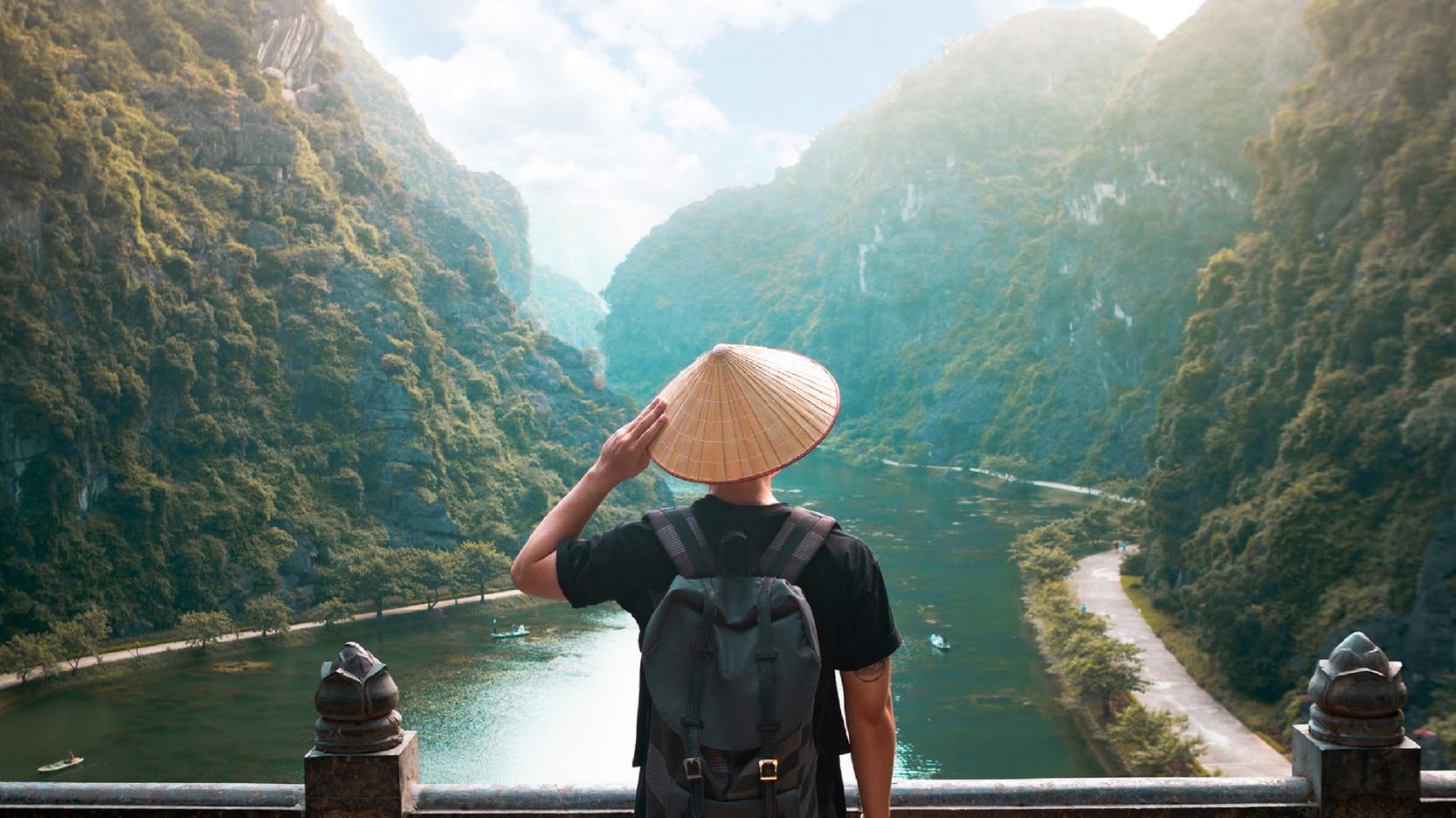
Photo by Giau Tran on Unsplash
A report on the priority areas of tourism transformation was made at the UN "COVID-19 and the transformation of tourism". For companies working in the field of tourist services, it is possible to determine the most significant areas of development:
These trends can be traced in our Global Muslim Travel Index 2021 report, which can help you better serve Muslim tourists and develop your business in new directions.
Download the full report here.